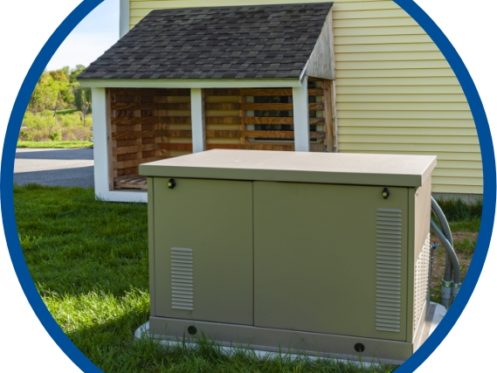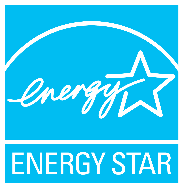With backfeeding, generators are wired directly into the home circuit. As a result, not only are they providing energy to the home, but they’re also sending energy back to the power grid. This setup can be extremely dangerous for both homeowners and utility companies alike. Read on to find out how this illegal practice can cause a tremendous amount of harm.
Backfeeding Can Result in the Electrocution of Utility Workers
Whenever power outages occur, utility companies respond by dispatching crews to identify and fix downed lines. If a homeowner is backfeeding energy into the grid through a generator that’s directly connected to the home circuit, utility workers may come in contact with live electricity lines during the course of their repairs. Despite diligent precautions on their own ends, this exposure can lead to debilitating and potentially fatal injuries.
House Fires Can Occur as the Result of Backfeeding
During a power outage, a generator that’s backfeeding is supplying power two ways. Moreover, once power from the grid is restored, the home circuit will have two active power supplies. This can be incredibly detrimental to both the generator and any appliances that are connected to it. The risk of fire and explosion are incredibly high. Not only does this risk affect homes with improperly connected generators, but it also affects neighboring properties. This is especially true during times of high heat when energy loss is the result of grid overload due to widespread HVAC use. When outside temperatures are hot and excessively dry, even moderate fires caused by backfeeding can spread quickly.
How to Avoid Backfeeding
The only safe way to install a backup generator is with the use of a transfer switch. Homeowners can choose to install automatic transfer switches that instantly kick into action whenever power from the grid is lost. They can alternatively choose manual transfer switches which must be manually activated during a power outage. In either case, transfer switches keep the two sources of energy separate and prevent generator power from entering utility lines.
Installing a generator in your home is an excellent way to prepare for disaster events and power loss during times of extreme weather. However, to make sure that your generator is installed legally and safely, it’s important to pass this job off to a seasoned electrician. At Mebane Electrical Services, we also provide Lighting services all throughout the greater MEBANE, NC area. We also offer electric vehicle charger installations, and more. Get in touch with us today to schedule a consultation appointment or to request a quote.







